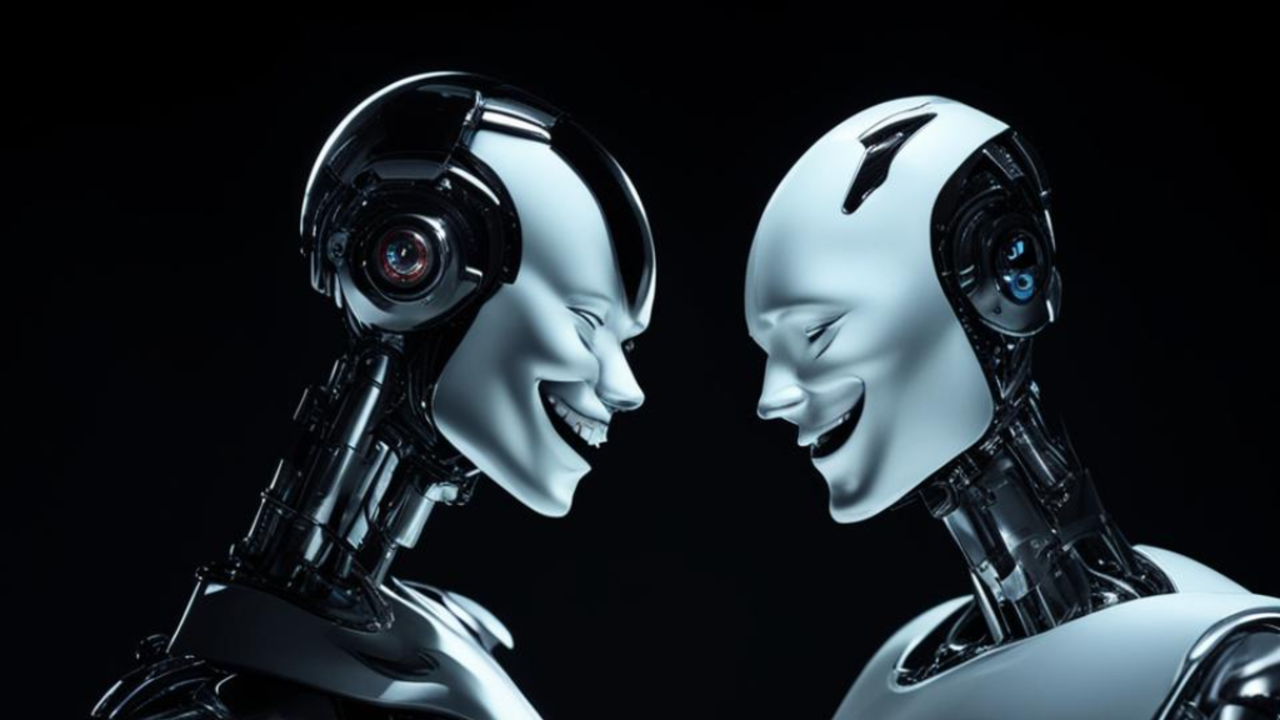Scientists recommend using more diverse and closer to natural communication data for training, which significantly increases the accuracy of humor recognition.
In experiments with neural networks including RoBERTa, ChatGPT, and Flan-UL2, scientists tested the models’ ability to detect humor in ironic social media messages as well as dialogue in the works of Lewis Carroll, Charles Dickens, and others. Models trained on a variety of data turned out to be more successful at this task.
Source: Ferra
I am a professional journalist and content creator with extensive experience writing for news websites. I currently work as an author at Gadget Onus, where I specialize in covering hot news topics. My written pieces have been published on some of the biggest media outlets around the world, including The Guardian and BBC News.












